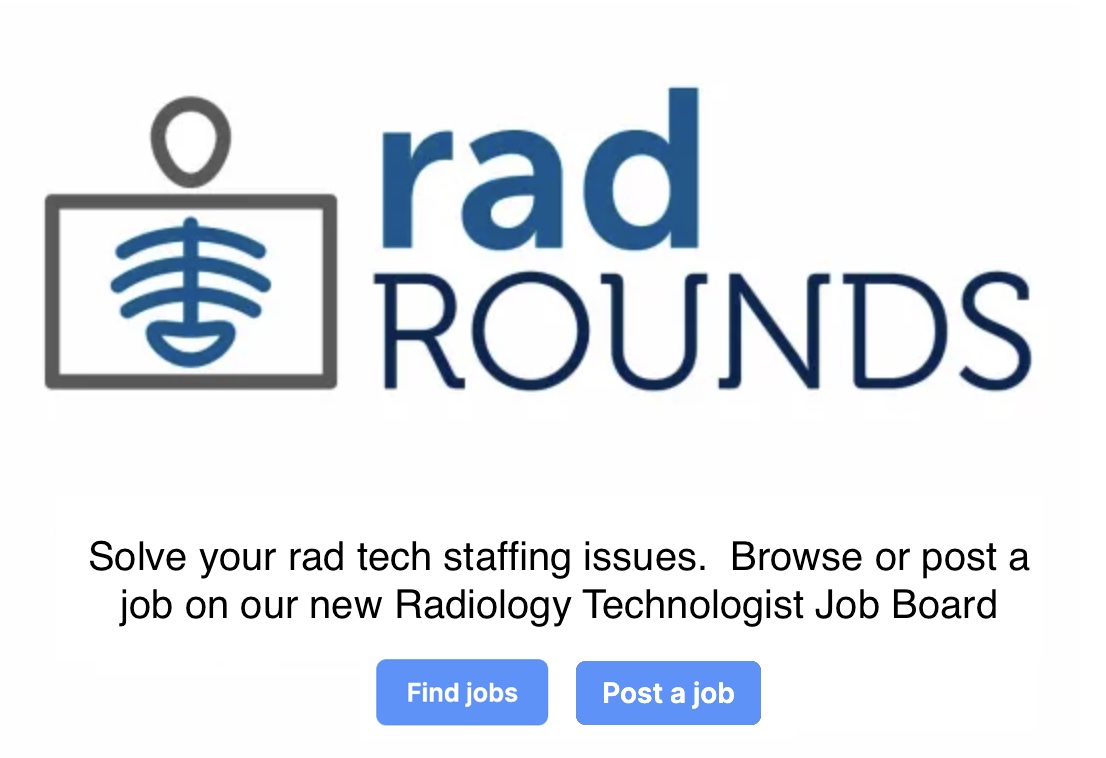by Whitney J. Palmer of Diagnostic Imaging
Using a model trained on three data sets could lead to automated categorization of “likely normal” and “likely abnormal” brain MRI results.
MRI has grown in popularity as a tool to image the brain for various diseases or damage, leading to a heavy volume of scans for radiologists to interpret. Using an artificial intelligence (AI)-based system could help automate those interpretations to quickly identify the patients who need the most emergent care.
“MRI is increasingly used clinically for the detection and diagnosis of abnormalities. The resulting image overload presents an urgent need for improved radiologic workflow,” said a team of investigators from Massachusetts General Hospital (MGH) and Brigham and Women’s Hospital Center for Clinical Data Science. “Automatically identifying abnormal findings in medical images could improve the way worklists are prioritized, enabling improved patient care and accelerated patient discharge.”
Please see Diagnostic Imaging for full article!













